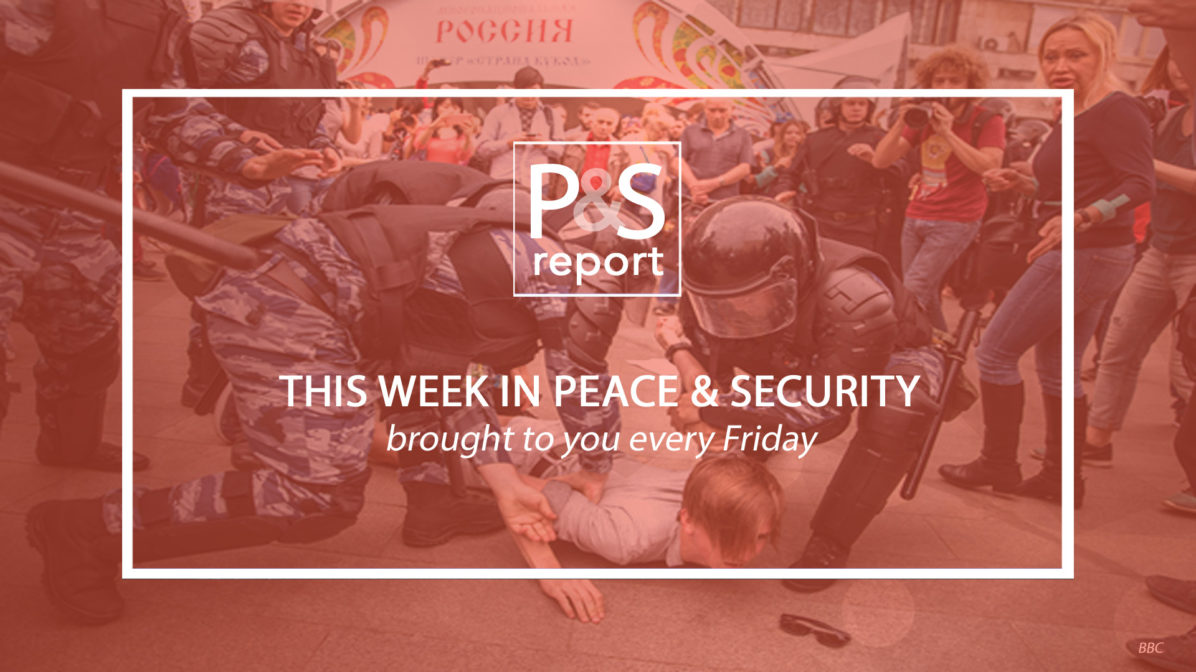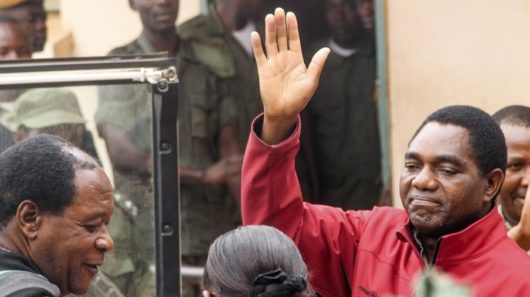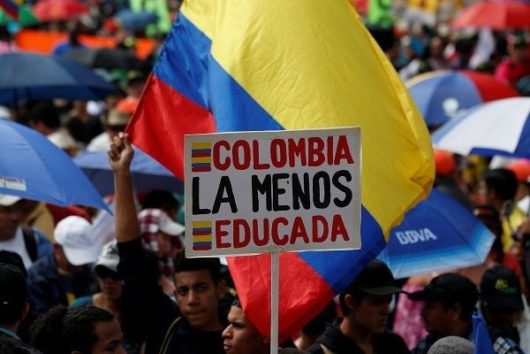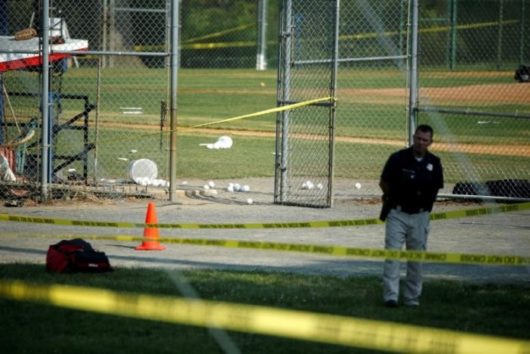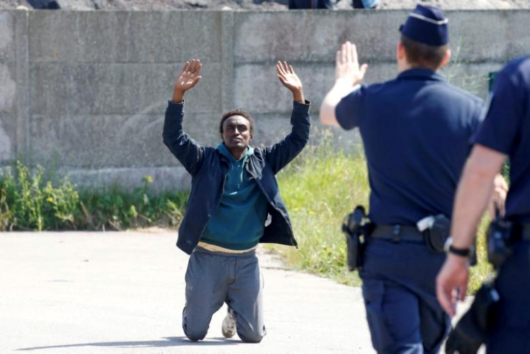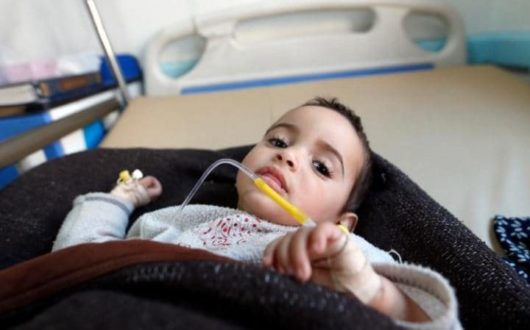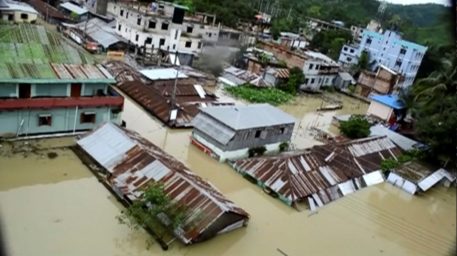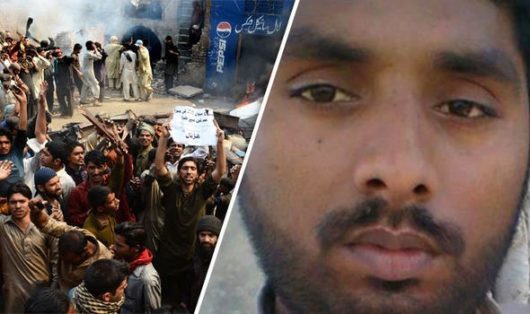<!–
|
||||||||||||||||||||||||||||||||||||||||||||||||||||||||||||||||||||||||||||||||||||||||||||||||||||||||||||||||||||||||||||||||||||||||||||||||
|
|||||
|
|||||
|
|||||
|
|
|||
|
|
This week in East Asia & Pacific
|
||
|
|||||
|
|||||
|
|||||
|
|
|||
|
This week in Europe & Central Asia
|
||
|
|||||
|
|||||
UNITED KINGDOM: Theresa May’s Conservative party seeks coalition with Northern Ireland’s Democratic Unionist PartyAfter failing to secure a majority in the British snap election last week by eight seats, the Conservative Party is relying on garnering support from all ten MPs from the Northern Irish Democratic Unionist Party (DUP) to prop up a minority government. On Monday, (DUP) leader Arlene Foster said that the DUP was not seeking a formal coalition or a seat in the cabinet, but rather a “confidence and supply” agreement, supporting the Conservatives on an issue-by-issue basis, with a focus on socioeconomic issues. Since meeting with the Prime Minister on Tuesday, Foster said that the negotiations were ‘constructive,’ and that an official announcement is forthcoming. Comment: Two individuals integral to the 1990’s peace processes in Northern Ireland fear that any Conservative/DUP coalition could exacerbate sectarian tensions in Northern Ireland, undermine the Good Friday Agreement, and cast the May government as no longer impartial. DUP Party sources have insisted that sectarian issues such as the Orange parades and the legacy of the Troubles will not be a part of the negotiation process to support the Tories. May met with members of all of Northern Ireland’s main political parties on Thursday, though a formal announcement from the Conservatives and DUP will likely be delayed up to one week by a fatal apartment building fire in London. (The Belfast Telegraph, The Irish News, BBC, The Guardian 1, 2) Researched/Written by Natalie A. Landau |
||
|
|
|||
|
This week in the Middle East & North Africa
|
||
|
|||||
|
|||||
|
|||||
|
|||||
|
|
|||
|
This week in South Asia
|
||
|
|||||
BHUTAN/MALDIVES: WHO reports both nations have eliminated measlesOn Tuesday, the World Health Organization (WHO) reported both Bhutan and Maldives have eliminated measles, three years ahead of WHO’s 2020 deadline of measles eradication in the Southeast region. Both have become the first of 11 countries in the region to eliminate the infectious disease. Maldives has not reported a case of measles since 2009 and Bhutan since 2012. WHO estimates that a vaccination carried out by member countries averted 620,000 deaths in 2016. WHO’s Southeast Asia measles-elimination plan included achieving and maintaining a 95 percent vaccination coverage among children with two doses of the measles and rubella vaccine. Bhutan alone was able to achieve 98 percent vaccination coverage among children. Nearly 107 million children received an additional dose of the vaccine between 2013 and 2016. Comment: Future plans remain in motion to immunize all children and adults up to 40 years of age. Approximately 4.7 million children remain unvaccinated in the Southeast Asia region. (BBS, Maldives Independent, Economic Times, VOA) |
||
|
|||||
|
|
|||
|
|||||


